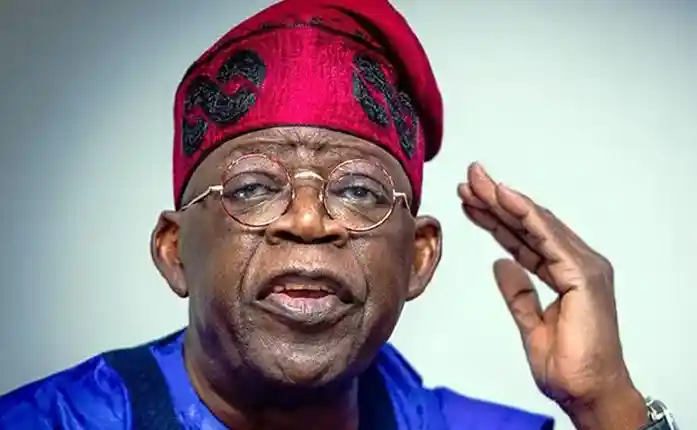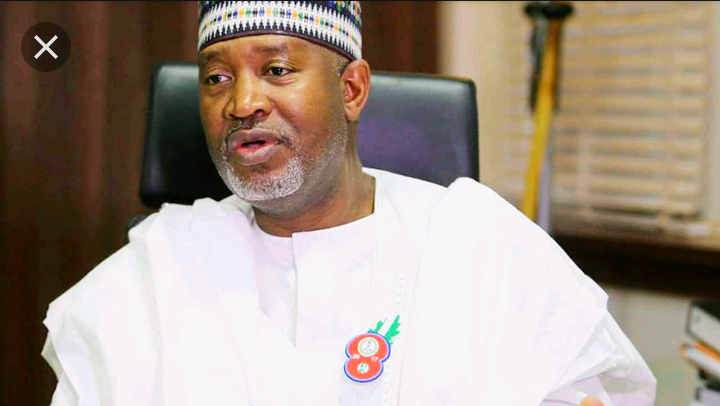President Bola Ahmed Tinubu’s first 100 days in office have left financial experts divided, with a blend of praise and criticism for his economic policies. Following his inauguration on May 29, 2023, President Tinubu had pledged to rejuvenate the economy under the banner of his “renewed hope” slogan. However, the outcomes of his economic decisions have left Nigerians with both optimism and concerns.
Read Also Dollar to Naira black market exchange rate today September 5, 2023 | Aboki Dollar to Naira Today
One of the most prominent policy moves during this period was the removal of the fuel subsidy and the adoption of a floating exchange rate for the Naira. These measures contributed significantly to the 24.08 percent inflation figure observed in July.
On June 14, 2023, the Central Bank of Nigeria (CBN) instructed banks to “sell forex freely at market-determined rates.” As a result, the Naira saw a notable jump to N915/$1 in the parallel market.
Last week, during the inaugural meeting of the Federal Executive Council, the Minister of Finance and Coordinating Minister for the Economy, Wale Edun, unveiled President Tinubu’s 8-priority agenda.
Dollar to Naira Bank Rate Today | CBN Exchange Rate September 5, 2023
This comprehensive plan covers various aspects, including food security, poverty alleviation, economic growth, job creation, access to capital, security improvement, creating a conducive business environment, upholding the rule of law, and combating corruption. The agenda sets a three-year target for implementation.
Nigerian Newspapers Summary: 10 things You Need to Know Today, September 5, 2023
Financial experts are cautiously optimistic about the potential of Tinubu’s 8-point agenda if the government effectively follows through with its implementation. However, challenges remain, especially regarding ambitious goals like creating 50 million jobs, addressing the forex crisis, and curbing inflation.
Speaking with Newsmen, Prof. Segun Ajibola, a renowned economist and former President and Chairman of the Council of Chartered Institute of Bankers, commended President Tinubu’s bold actions in the last three months. He emphasized that the 8-point agenda, with its radical policies and focus on critical sectors such as agriculture, industry, and tourism, has fostered trust in the President’s ability to revitalize Nigeria’s economy. Ajibola also praised the government’s efforts to combat corruption.
How to Make Money Daily Watching Videos Online: 11 Easy Guide
Idakolo Gbolade, Chief Executive Officer of SD & D Capital Management, acknowledged that the initial months of Tinubu’s administration had been challenging for the masses. However, he noted that the policies, including the removal of the fuel subsidy and Naira floatation, were crucial for stabilizing the economy. Gbolade encouraged the government to provide short-term relief measures and focus on implementing policies in agriculture, manufacturing, and SMEs to kickstart economic growth.
Prof. Godwin Oyedokun, an accounting and financial development expert at Lead City University, expressed hope that the 8-point agenda would not remain a mere academic exercise. He stressed the importance of following the agenda meticulously and urged the government to work on reviving the economy in the medium term.
While mixed opinions persist about President Tinubu’s economic policies, many experts emphasize the need for careful implementation and a focus on both short-term relief and long-term economic development to steer Nigeria toward a more prosperous future.






